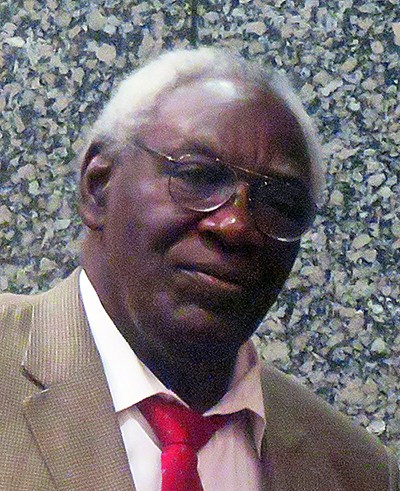 Jackson Baker
Jackson Baker
Walter Bailey
No suggestion at Monday’s regular meeting of the Shelby County Commission could have been treated with more courtesy than the request by long-serving Democratic member Walter Bailey for an ordinance to amend the County Charter so as to eliminate all reference to term limits for county officials.
And no suggestion had so little chance of passage as Bailey’s ordinance, which, on the first of three readings, gained the votes of only three members — Bailey and fellow Democrats Justin Ford and Van Turner — on the 13-member body.
The ordinance allows for a public referendum of county voters, and that provision allowed several members to abstain from voting on the premise that they would meanwhile consult their constituents, but this was largely a face-saving mechanism for Bailey and perhaps for themselves.
The fact is, as a number of commissioners say privately, and as David Reaves said out loud on Monday, most members of the current commission would not have been able to run successfully for their seats on the body if term limits had not been imposed.
In arguing for the ordinance, Bailey noted for the record that members of Congress and the state legislature are not bound by term limits and that the imposition of them on the commission arbitrarily deprives the public of needed experience on the part of members. Bailey himself, a member of a distinguished political family that included his late brother, author/civil rights icon D’Army Bailey, is the longest-serving member of the commission and, as he put it last week in committee, where his ordinance was first vetted, maybe the longest-serving public official in the state. He won office first in 1971, has served as chairman twice, and has served continuously, with the exception of four years, from 2006 to 2010, when the charter’s then-new term-limit requirement caused him to step down temporarily.
He is now serving his second term since being returned to the commission in 2010 and faces another mandatory withdrawal from service. • More local backdrop for the 8th District congressional race: As indicated last week, a victory by Shelby County Mayor Mark Luttrell in the crowded Republican primary field would occasion some frenetic maneuvering on the part of the county commissioners, inasmuch as Luttrell would thereby vacate his county position, opening it up to a reappointment process.
Luttrell, if victorious in the congressional race, would presumably resign his mayoralty sometime between the general election in November and his January swearing-in in Washington. Meanwhile, the commission would have selected a new chair in September, according to its normal schedule. And whoever is chair when Luttrell ceases to be mayor automatically becomes interim Shelby County mayor for a maximum of 45 days, after which the commission will select a new one by majority vote.
As Commissioner Mark Billingsley of Germantown reminded his colleagues with copies of a handout he distributed Monday, the county charter makes no provision for an election to fill a vacancy in the mayor’s office “until a successor is elected and qualified at the next countywide election allowed by the state election laws.” Hence, whoever is selected by the commission upon the completion of the interim mayor’s service will serve as a fully pledged county mayor until the county general election of 2018.
There is no doubt that current commission chairman Terry Roland, a Millington Republican, wants to be the next county mayor. His intentions of running for the position in 2018 have been clear for months, and, in case anyone should forget the fact, he announces it periodically during meetings of the commission. (Roland pointedly did so at last Wednesday’s committee sessions and did so again at Monday’s regular commission meeting.)
It now appears, however, that Roland sees no need to seek reappointment to a second consecutive term as commission chairman in September (as numerous commission chairs have done in the last several years, with former member Sidney Chism, a Democrat, having brought off the trick). Roland is content to allow things to take their natural course in September, with Democratic member Turner the favorite to become the next chairman.
But Roland is certain to be front and center as a candidate for appointment as mayor when the commission convenes, sometime early in 2017, to serve as a successor to Luttrell through the election of 2018. And word has it that he believes he already has most of the votes in hand to overcome other candidates, including possible opponent David Lenoir, the county trustee, who intends to run for the office in the regular 2018 election cycle. Another possible contender for the commission’s mayoralty selection would be GOP Commissioner Steve Basar, whom Roland bested for the chairmanship last year in a hastily called revote after Basar had held the position for roughly an hour.
All of this would be moot, of course, should someone other than Luttrell win the congressional race. There are five other Shelby County Republicans in the field — Basar; radiologist/broadcast executive George Flinn; state Senator Brian Kelsey; County Register of Deeds Tom Leatherwood; and former U.S. Attorney David Kustoff.
And Jackson businessman Brad Greer must be delighted at the prospect that so many Shelby Countians in the race, dividing up the local vote, creates the real mathematical possibility of his winning. (Something like that happened in the 7th District congressional race of 2002, when Kustoff, then city council member Brent Taylor, and then County Commissioner Mark Norris split the Shelby County vote, allowing for an easy victory by Marsha Blackburn of Williamson County, who still represents the 7th District.)
Outlook on Convention Delegates
Some 400 Democrats betook themselves to First Baptist Church Broad last Saturday to make themselves eligible for formal Shelby County conventions on Saturday, March 19th, that will select from this pool of eligible members the delegates to the Democratic National Convention at Philadelphia this summer.
Yes, there will be two conventions on March 19th — one to be held at First Baptist Broad that will determine the identity of the delegates and alternates who will go to Philadelphia to represent the 9th Congressional District; and another, to be held the same day in Jackson, that will determine who goes to the national convention to represent the 8th Congressional District, which takes in a generous hunk of eastern Shelby County.
At both locations, the delegates to be selected will conform to the pattern of the two districts’ voting in last week’s “Super Tuesday” presidential primary in Tennessee, with the lion’s share of delegates and alternates going to Hillary Clinton, who won the primary vote handily, and a handful going to Bernie Sanders.
In the case of the 9th District, that would be six delegates and one alternate for Clinton, with one delegate apportioned to Sanders. In the case of the 8th, it’s four delegates for Clinton and one for Sanders. Insofar as the math permits, the delegates are apportioned, half and half, by gender.
For the record, Clinton beat Sanders statewide by a two-to-one ratio. The ratio in Shelby County, whose African-American demographic (generally very supportive of Hillary Clinton) is higher, was four to one: Clinton, 66,465; Sanders, 15,985.
The Democratic Party’s ex post facto process for selecting delegates differs from that of the Republicans, which required would-be delegates to the Republican National Convention in Cleveland to file for election on the Super Tuesday ballot on behalf of the specific presidential candidate they chose to represent. The chief vote-getters on each list became convention delegates in a ratio proportionate to how well their candidates did in head-to-head voting.
For the record, Donald Trump won 39 percent of the statewide Republican primary vote; Ted Cruz won 25 percent; Marco Rubio, 21 percent, Ben Carson, 8 percent; John Kasich, 5 percent. (Results rounded off.)
The preliminary delegate list released last week by the state Republican Party did not include the apportionment for Shelby County, but the county’s GOP primary results went as follows: Trump, 30 percent; Cruz, 29 percent; Rubio, 26 percent, Kasich, 8 percent, Carson, 6 percent, and “others,” 2 percent. (Again, results rounded off.)
If all of this appears to be a mite complicated, that’s because it is. Updates will be provided by the Flyer as they are received.

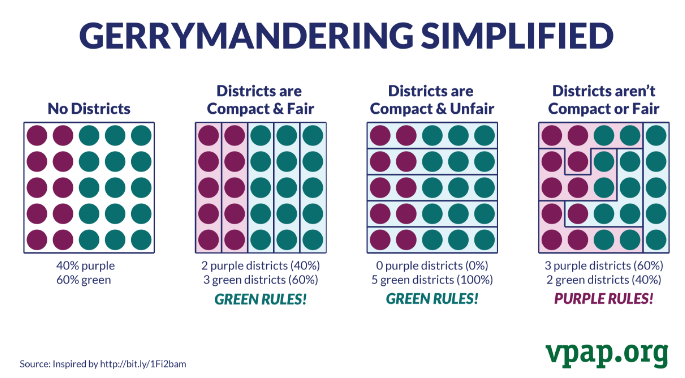
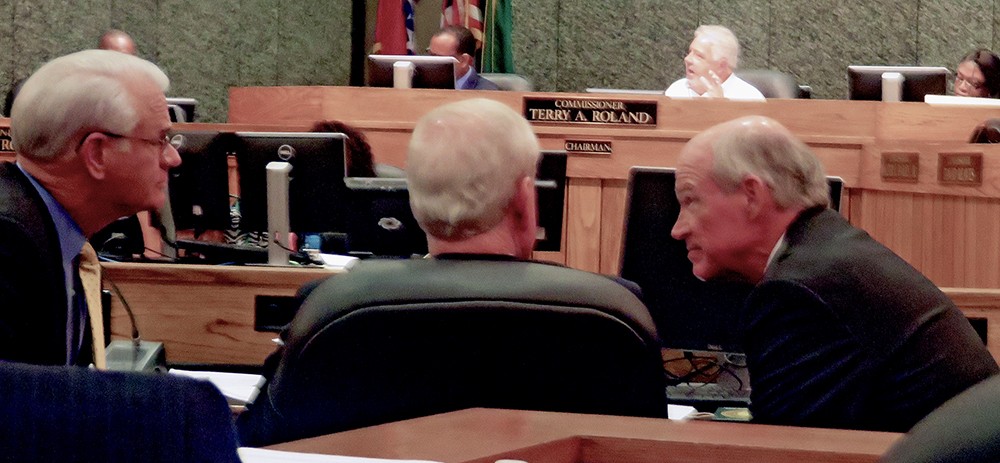 JB
JB 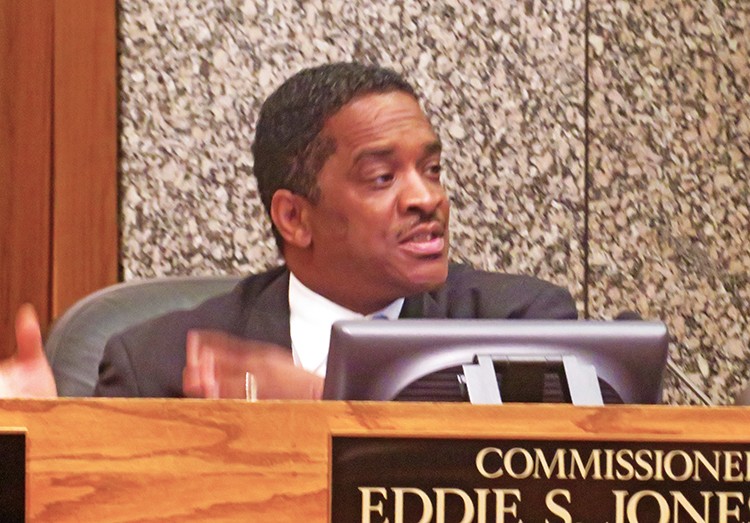 JB
JB 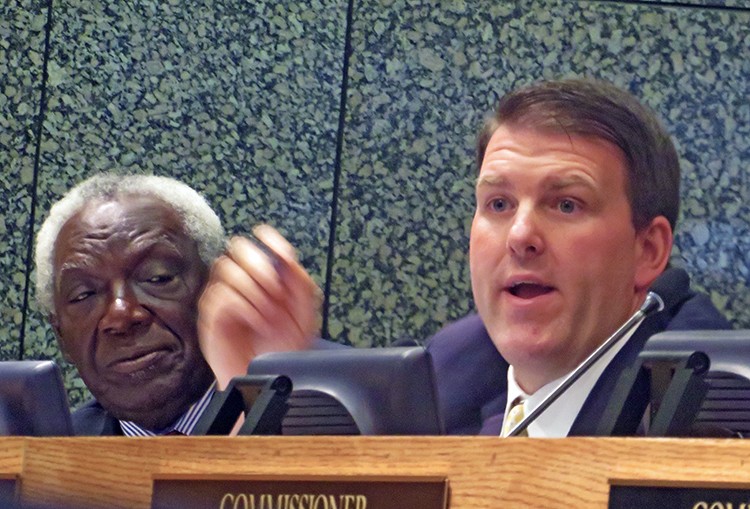 JB
JB 
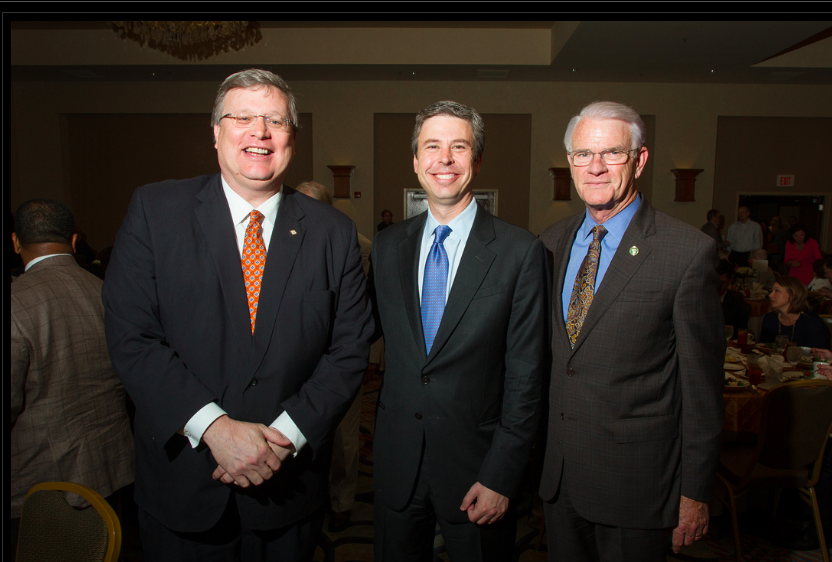

 Jackson Baker
Jackson Baker 
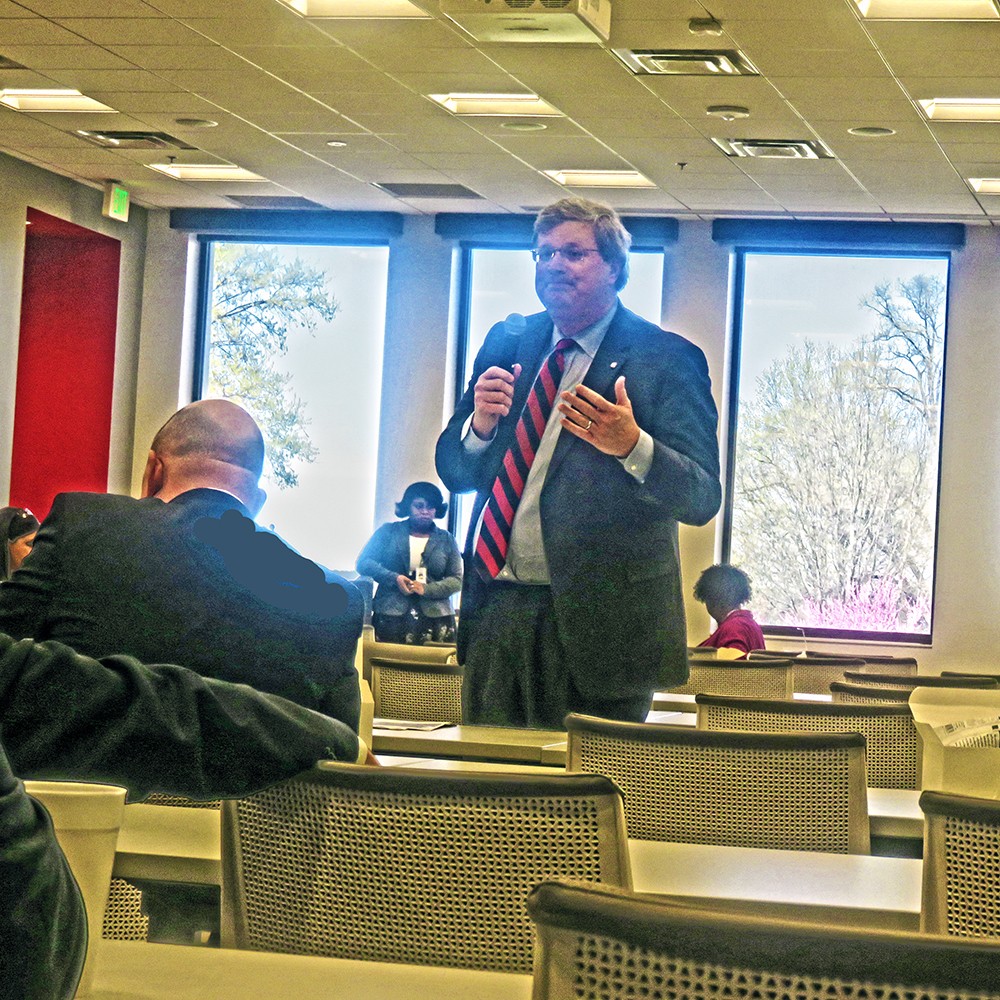 JB
JB 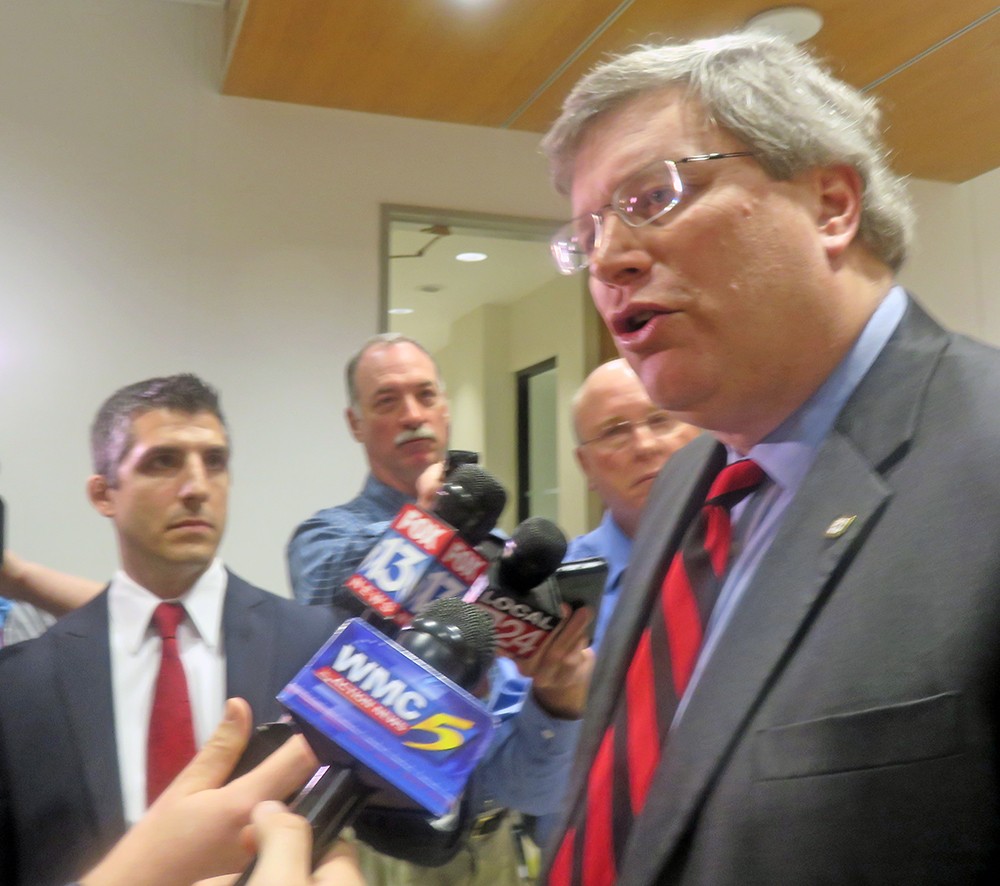 JB
JB  JB
JB  JB
JB 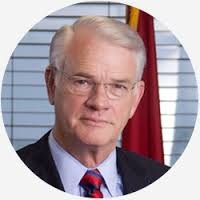
 Jackson Baker
Jackson Baker  Vladislav Pavlovich | Dreamstime.com
Vladislav Pavlovich | Dreamstime.com